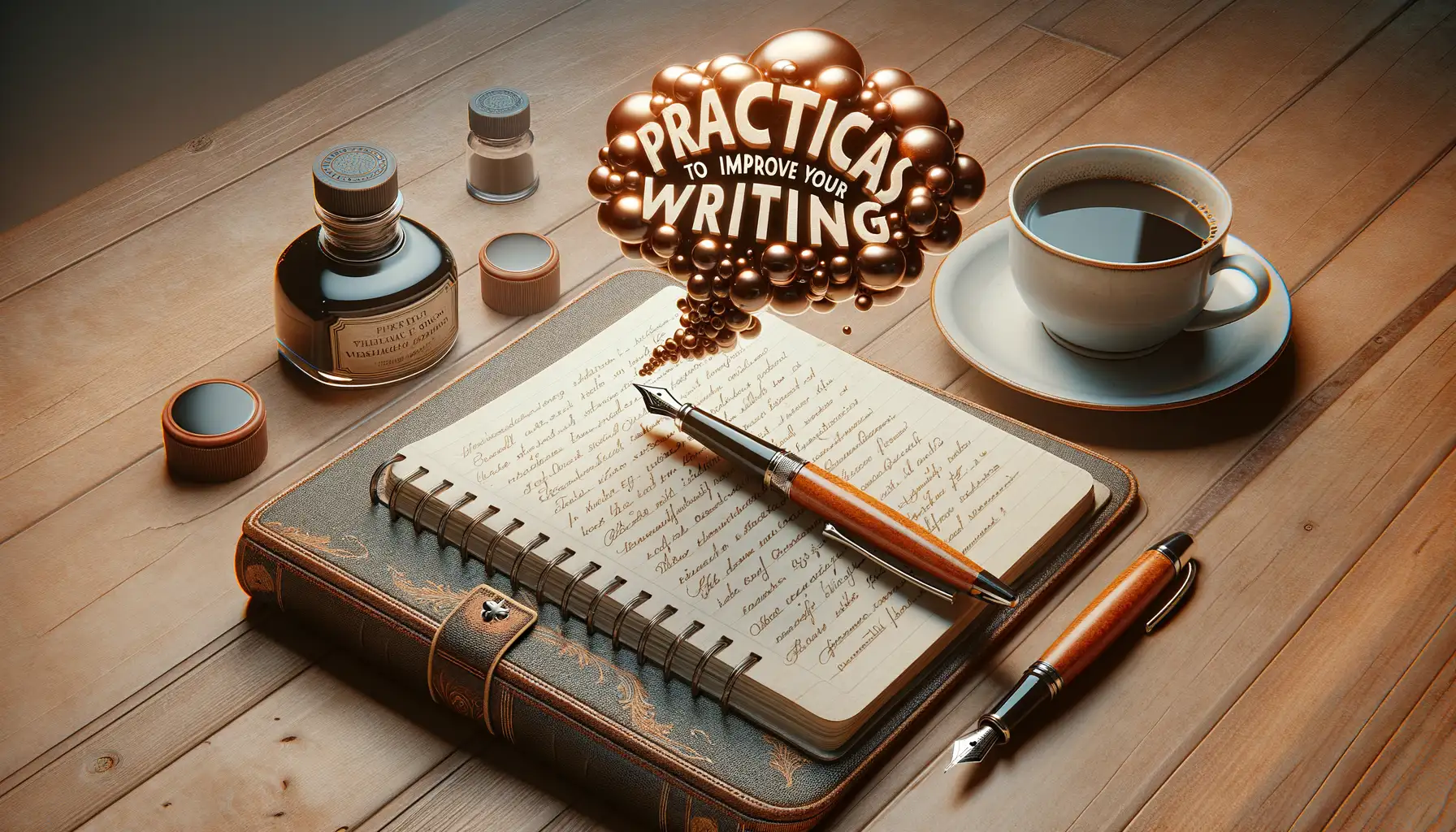Understanding the Importance of Writing Skills
Why Writing Skills Are the Key to Unlocking Opportunity
Imagine opening a door to limitless opportunities—because that’s exactly what strong writing skills can do for you. Whether you’re crafting an academic essay, emailing your boss, or even drafting a heartfelt letter to a loved one, your words hold power. They reveal your personality, your ideas, and your professionalism. Poorly written communication, on the other hand, can close doors before you even realize they were there.
Think about this: who would you rather trust—a company whose website is riddled with typos, or one whose content is polished and engaging? The same principle applies to *you*. Every word you write adds another brushstroke to the picture people form of you. And let’s not forget: clear writing forces clear thinking!
So, whether you’re composing an email or diving into your debut novel, your ability to write well isn’t just important—it’s transformational. Start sharpening those pens (or keyboards), because mastery over words means mastery over your world.
Practical Techniques to Improve Your Writing

Turn Writing Challenges into Opportunities
Imagine staring at a blank page, your mind buzzing with ideas yet your pen stubbornly still. Sound familiar? Writing doesn’t have to feel like an uphill battle. Start with small, achievable goals. Instead of forcing out perfection, jot down messy drafts—think of it as spilling paint before shaping a masterpiece.
One trick? Read aloud everything you write. Hearing your words can reveal clunky sentences or awkward phrasing you might otherwise miss. Bonus tip: Pretend you’re telling the story to a friend. Suddenly, your tone becomes natural and relatable, right?
And don’t underestimate the power of rewriting. The first draft is rarely perfect, but that’s the beauty of it! Each edit polishes your work like a sculptor chiseling stone.
Use Tools to Spark Precision
When in doubt, let structure guide you. Create checklists for clarity, like:
- Did I clearly express my main idea?
- Do my paragraphs flow smoothly?
- Are my transitions natural and engaging?
Finally, explore synonyms and sprinkle in varied sentence lengths. It’s like adding spices to a dish—suddenly, your writing goes from bland to bursting with flavor!
Common Mistakes and How to Avoid Them

Missteps That Trip Up Many Writers
If you’ve ever poured your heart into writing, only to read it back and cringe—welcome to the club! One of the most common blunders is letting over-complication sneak in. We think, “I’ll sound smarter if I add fancy words and long-winded sentences,” but instead, it creates a tangled mess. Keep your writing crisp, like a refreshing breeze, not a foggy maze. For example, instead of saying, “Facilitate the process,” try “Make it easier.” See? Clear and approachable.
Another sneaky culprit? Ignoring your audience. Writing without your reader in mind is like shouting into the void. Picture your audience: are they students? Professionals? Friends? Write as if you’re speaking directly to them. This transforms your words from flat to lively.
The Pitfalls of Grammar & Structure
Grammar isn’t just a nitpicky teacher waving a red pen—it’s the glue holding your masterpiece together. Here are some easy fixes:
- Avoid run-on sentences; short punches often hit harder!
- Watch out for common traps like mixing up “their,” “there,” and “they’re.”
- Don’t overuse commas—they’re not sprinkles for every sentence.
Oh, and paragraphs? Give them space to breathe. A wall of text scares off readers faster than a horror movie plot twist.
Leveraging Resources and Tools for Better Writing

Unlocking the Potential of Digital Tools
The digital age has blessed writers with an abundance of tools that can transform even your roughest drafts into polished works of art. Picture this: you’re struggling with sentence flow, and suddenly, a tool like Grammarly swoops in like a trusty sidekick, highlighting errors you didn’t even know existed. Or maybe you’re wondering how to spice up your vocabulary—why not invite Thesaurus.com into your process? It’s like having a word wizard on speed dial.
If structure’s your Achilles’ heel, try outlining with apps like Scrivener or using templates on Google Docs. And don’t even get me started on distraction-free writing tools like FocusWriter; they create a zen-like workspace where creativity thrives. A favorite of mine? Installing browser extensions that transform time-wasting into productive goldmines.
- ProWritingAid: For deep dives into repetitive phrasing or stylistic quirks.
- The Hemingway App: When you want your sentences as crisp as autumn air.
These tools don’t just assist—they empower. Who said writing had to be lonely when you’ve got tech on your team?
Making the Most of Offline Gems
Not all heroes wear capes—or come with Wi-Fi! Think about a good old-fashioned library, brimming with dictionaries, grammar guides, and style manuals like Strunk and White. The tactile joy of flipping pages for answers taps into a unique kind of inspiration. And let’s not overlook workshops or writing groups: a treasure trove of feedback and encouragement where human connection meets skill-building. Keep a pocket-sized notebook handy because brilliant ideas often strike at the oddest times—a noisy café, a quiet park, or yes, even mid-shower!
Building a Consistent Writing Practice

Why Routine Matters More Than Inspiration
Let’s face it: waiting for the perfect wave of inspiration to crash over you is like staring at a blank sky hoping to spot a shooting star. Beautiful when it happens but far too rare. Instead, think of writing as brushing your teeth—an everyday act that keeps things healthy and running smoothly. A consistent writing practice isn’t glamorous, but it’s your secret weapon.
Start small. Set aside 15 minutes daily, the same way you’d set time for your favorite Netflix show. Write *anything*: a journal entry, a witty caption for your friend’s Instagram photo, or even a nonsensical poem about your coffee mug. The goal? To show up. Every. Single. Day.
Tiny Habits That Make a Huge Difference
Want to stack the odds in your favor? Build tiny habits into your routine:
- Designate a space—your “writing corner” could be an actual desk or just a cozy spot on the couch.
- Create rituals—light a candle, brew tea, or play instrumental music to signal your brain it’s go time.
- Commit publicly—tell a friend, join a group, or share your goals online for added accountability.
Remember, progress doesn’t demand perfection. It relies on persistence.





